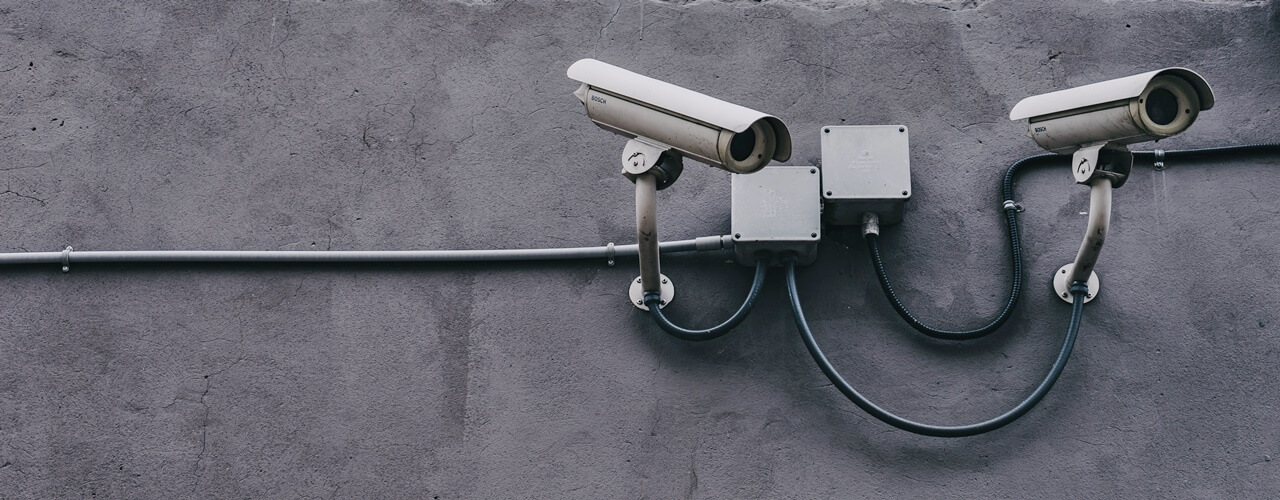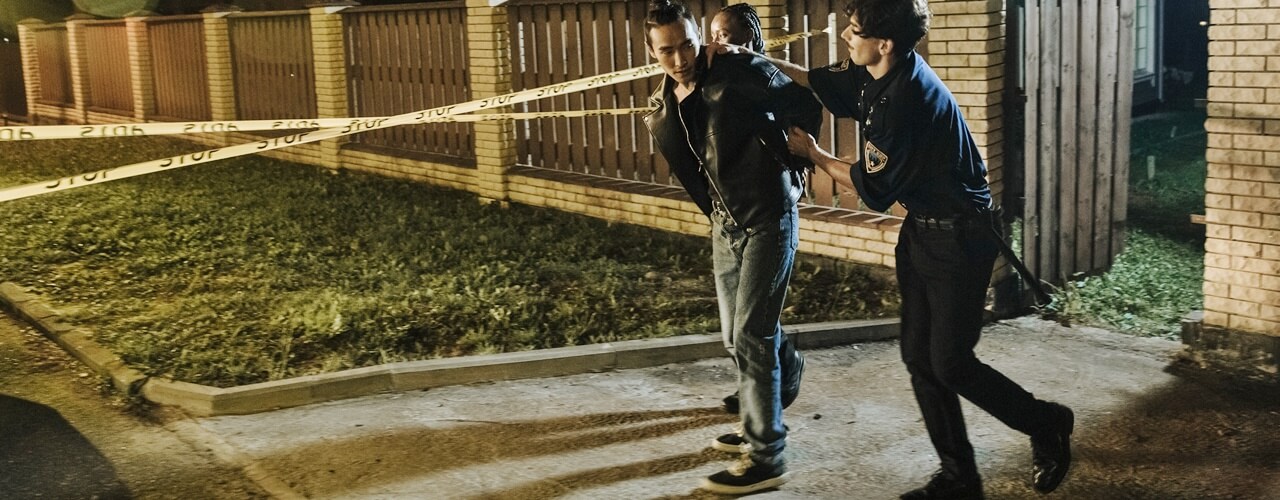
Table of Contents
Warrant of Arrest Philippines
An arrest is when a person is taken into custody so that he may be bound to answer for an offense.
The law demands:
- No unnecessary force shall be used
- The person arrested shall not be subject to a greater restraint than is necessary for his detention.
When making an Arrest, an officer must also:
- Inform as to the cause of the arrest
- Inform him of the fact that a warrant has been issued
A Warrant of Arrest should adequately describe the Persons or items to be seized or searched.
When making a Warrantless Arrest, an officer must also:
- Inform as to the cause of the arrest
- Inform regarding his authority to make the Arrest
In both cases, the officer is required to do so unless the person to be arrested in the commission of an offense, is pursued immediately after its commission, has escaped, flees or forcibly resists before the officer has the opportunity so to inform him, or when the giving of such information will imperil the arrest.
So, when you are arrested, you must be informed.
Constitutional Rights Protect Against Illegal Detention
The Philippine Constitution Article III, Section 2.
It protects our persons, houses, paper and effect against unreasonable searches and seizures.

A Search Warrant or Warrant of Arrest Philippines will only be issued if there is Probable Cause.
The probable cause should be determined personally by the judge after the examination of the evidence.
If there is Probable Cause he may issue a Warrant of Arrest.
If there is insufficient Probable Cause he may dismiss the case.
Who may issue a Valid Warrant of Arrest Philippines?
A valid Warrant of Arrest Philippines can be issued by:
- A Regional Trial Court Judge may issue a Warrant of Arrest or Commitment.
- A Municipal Trial Court Judge may issue a Warrant of Arrest.

A Warrant of Arrest in the Philippines is not needed when the accused has already been detained or arrested by virtue of a lawful arrest without a warrant, or if the offense is punishable only by a fine.
What is a Valid Warrantless Arrest Philippines?
A Valid Warrantless Arrest Philippines [Rule 113, Sec 5 and Rule 112 Sec 7] is when:

- The person to be arrested was caught in flagrante delicto
- Hot pursuit
- Arrest of Escaped Prisoners
A private individual or citizen may effect the arrest in these situations, just as well as a police officer.
Let’s define each of these situations where there is a Valid Warrantless Arrest Philippines.

In flagrante delicto is when the person to be arrested:
- must execute an overt act indicating that he or she has just committed, is actually committing, or is attempting to commit a crime.
- that such overt act is done in the presence or within the view of the arresting officer [R. 230825, June 10, 2020]
In Hot Pursuit is when:
- an offense has just been committed
- the arresting officer has probable cause to believe based on personal knowledge of facts or circumstances that the person to be arrested has committed it [R. 213225, Apr 4, 2018]

There must be probable cause in both situations.
The Arrest of Escaped Prisoners is self-explanatory.
It is legally defined as when the person to be arrested is a prisoner who has escaped from a penal establishment or place where he is serving final judgment or is temporarily confined while his case is pending, or has escaped while being transferred from one confinement to another. [Rule 113, Sec 3]
So, any of the above would be a Valid Warrantless Arrest Philippines.
Warrantless Arrest Process Philippines

In a Warrantless Arrest Process, an Inquest replaces a Preliminary Investigation.
The person arrested in a Warrantless Arrest is brought to the nearest police station.
The Inquest is then held.
An Inquest is when the Investigating Prosecutor determines if the Warrantless Arrest was validly done. He will also determine if there was Probable Cause.
Probable cause is a legal term regarding the strength of the evidence.
If there was Probable Cause, then an Information is filed and the court process begins.
If there is insufficient Probable Cause, then the Investigating Prosecutor can convert this into a Preliminary Investigation or dismiss the case outright.
So, the Inquest is a defining characteristic of a Warrantless Arrest Process Philippines.
What is an Unlawful Arrest in the Philippines?

An Unlawful Arrest Philippines must have the following elements:
- that the offender arrests or detains another person;
- that the arrest or detention is to deliver the person to the proper authorities; and
- that the arrest or detention is not authorized by law or that there is no reasonable ground to.
A Warrantless Arrest without any legal ground makes the arresting officers liable for arbitrary detention [Art 124, Revised Penal Code]
If the arresting officers official duties do not include the power to arrest, then they are liable for illegal detention. [Art 267 and 268, Revised Penal Code]
So, a Warrantless Arrest can be considered an Unlawful Arrest if the legal basis is not there and the arresting office can be held accountable.
What are the consequences of an Unlawful Arrest in the Philippines?
An Unlawful Arrest in the Philippines has several repercussions:

- failure to acquire jurisdiction over the person of an accused
- criminal liability of law enforcers for illegal arrest
- any search incident to the arrest becomes invalid thus rendering the evidence acquired constitutionally inadmissible

If you were the victim of an Unlawful Arrest, then your lawyer may raise this issue with the court with a Motion to Quash.
This must be done before you enter your plea as otherwise your objection will have been deemed to be waived.
If you were the victim of an Unlawful Arrest, you may also question the legality of the Evidence gathered.
This may be done during trial.
You must substantiate your claim of Unlawful Arrest carefully to either question the jurisdiction of the court over your person or to challenge the legality of the evidence.
How long is a Warrant of Arrest Valid in the Philippines?
A Warrant of Arrest Philippines is valid unless it is recalled or served.
So, unless either of those things has happened the Warrant of Arrest will remain valid.

How to know if you have a Warrant of Arrest in the Philippines?
Request the person’s NBI clearance.
The NBI clearances state that cases have been filed against the person.

How long can you be Detained without Charge?
You can only be detained for a limited period of time.

According to EO 272:
- twelve (12) hours, for crimes or offenses punishable by light penalties, or their equivalent;
- eighteen (18) hours, for crimes or offenses punishable by correctional penalties, or their equivalent
- thirty-six (36) hours, for crimes or offenses punishable by afflictive or capital penalties, or their equivalent.
You can file a case against officers for Arbitrary Detention if you are detained beyond that period.
The penalties these officers would face are:
- Arresto mayor in its maximum period to prision correccional in its minimum period, if the detention has not exceeded three days;
- Prision Correccional in its medium and maximum periods, if the detention continued more than three but not more than fifteen days
- Prision mayor, if the detention has continued for more than fifteen days but not more than six months
- Reclusion is temporal, if the detention exceeded six months.

